Braces have been around for decades, and for good reason, they’re one of the most effective ways to straighten teeth, correct bites, and improve oral health. Whether you’re a teenager, young adult, or even well into adulthood, braces can help you achieve a smile you’ll be proud to show off.
Let’s break it all down for you in simple terms.
What Are Braces?
Braces are orthodontic devices made up of brackets, wires, and sometimes elastic bands. They apply steady pressure to your teeth over time, guiding them into the correct position.
There are different types of braces, including:
-
Metal Braces – The classic and most common option.
-
Ceramic Braces – Tooth-colored brackets that are less visible.
-
Lingual Braces – Placed behind the teeth (hidden from view).
-
Clear Aligners – Invisalign.
What Can Braces Fix?
Braces are used to treat a variety of dental issues, including:
-
Crooked or crowded teeth
-
Gaps between teeth
-
Overbite, underbite, or crossbite
-
Jaw alignment problems
-
Speech or chewing difficulties caused by misaligned teeth
How Long Does Treatment Take?
The average treatment time with braces is 12 to 24 months, but it can vary based on:
-
The severity of your dental issues
-
The type of braces used
-
How well you follow instructions (especially with care and hygiene)
Some patients may need them for as little as 6 months, while others may wear them for 2+ years.
Do Braces Hurt?
You might feel some discomfort after they’re first applied or adjusted, it’s normal. The soreness usually goes away in a few days. Pain relief and soft foods can help during this period.
Once you get used to them, they become part of your daily routine.
What Can I Eat With Braces?
You’ll need to avoid foods that can damage your braces, like:
-
Hard foods (nuts, ice cubes)
-
Sticky candies (chewing gum, toffee)
-
Crunchy items (popcorn, hard chips)
Stick to softer foods and don’t forget to brush after every meal!
How Do I Take Care of My Braces?
Good oral hygiene is more important than ever when you have braces. Here’s what you should do:
-
Brush after every meal
-
Use interdental brushes or floss threaders
-
Rinse with mouthwash to reduce bacteria
-
Visit your dentist regularly for cleanings and checkups
When Should You Consider Braces?
You or your child may need braces if you notice:
-
Difficulty chewing or biting
-
Teeth that are visibly out of place
-
Jaw pain or clicking sounds
-
Crowding or spacing issues
The best way to find out? Book an orthodontic consultation
Conclusion
Braces are more than just a cosmetic fix, they improve the health, function, and longevity of your smile. Whether you go for traditional metal braces or something more discreet, the results can be life changing.

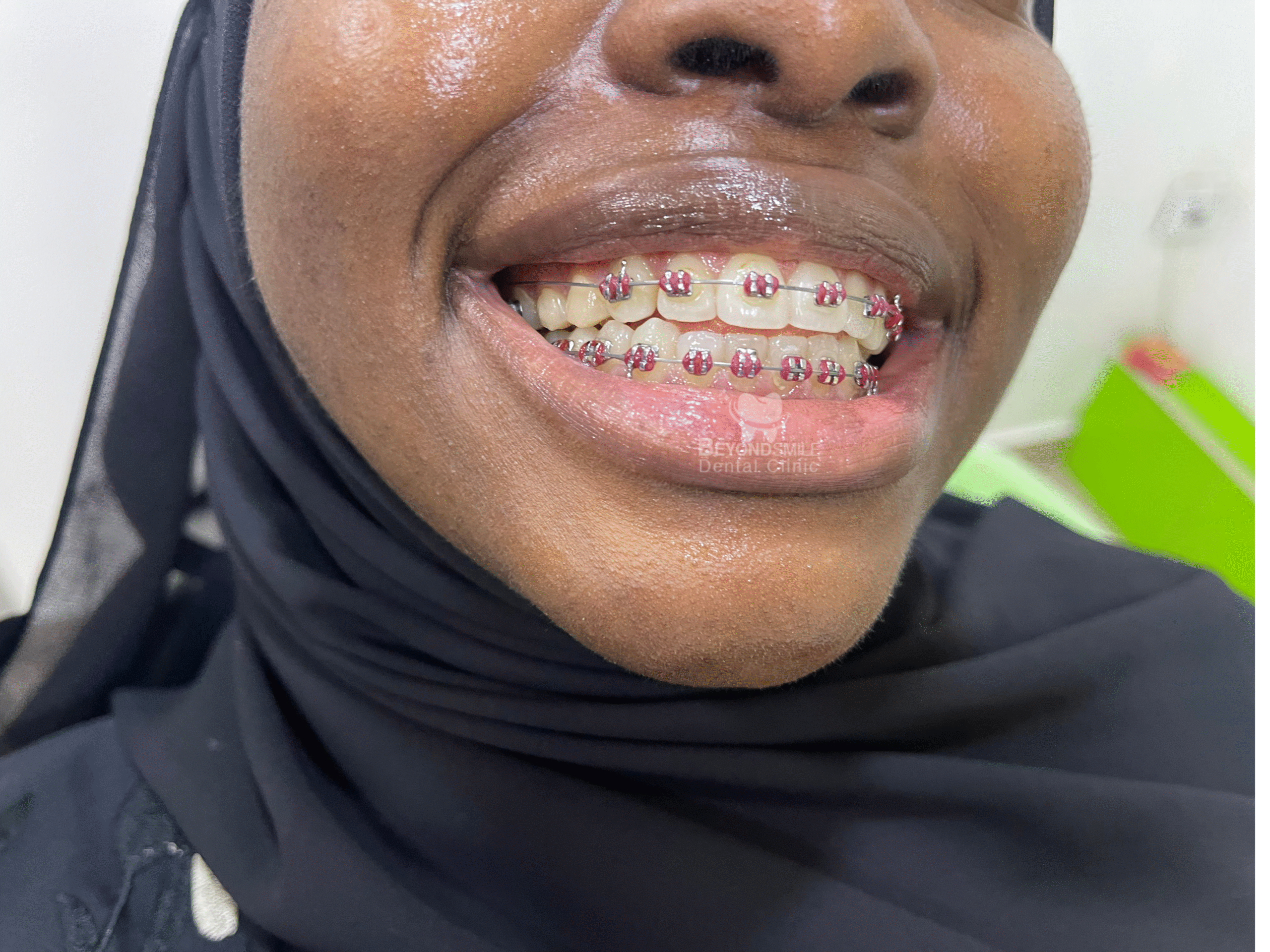
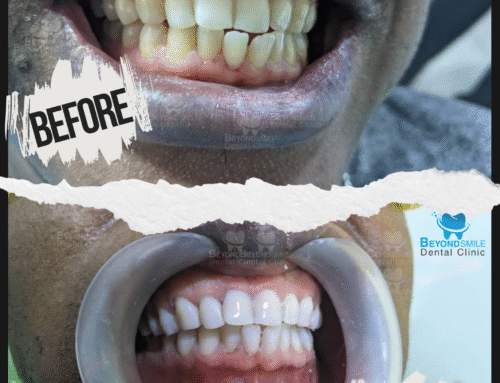
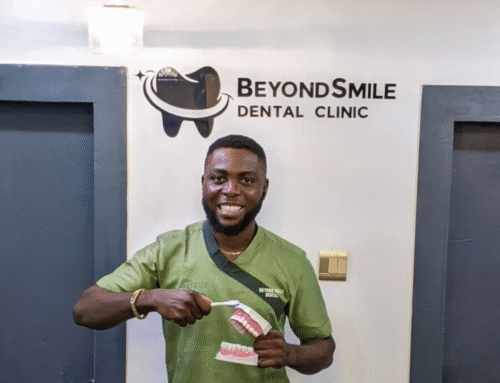
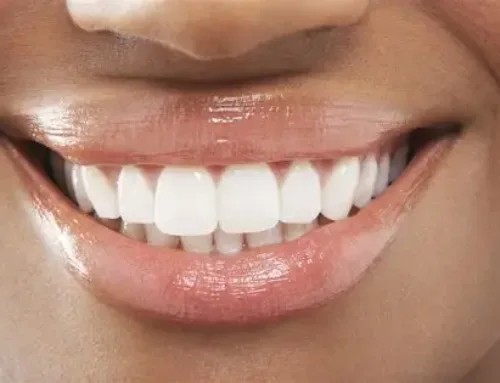
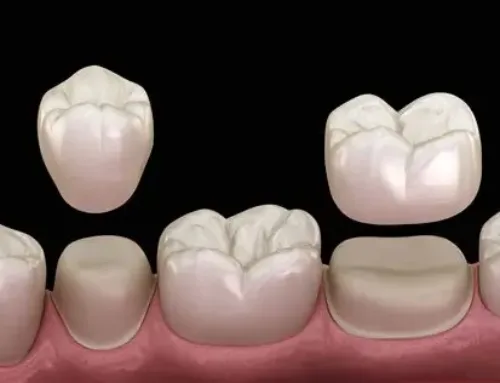
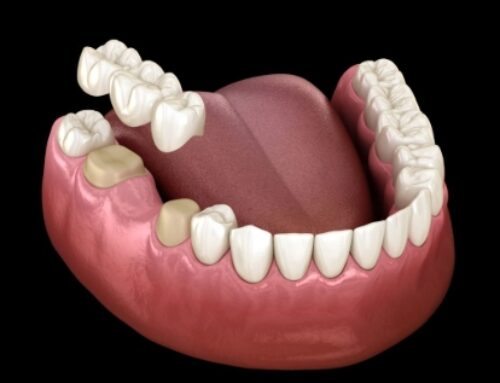
Leave A Comment